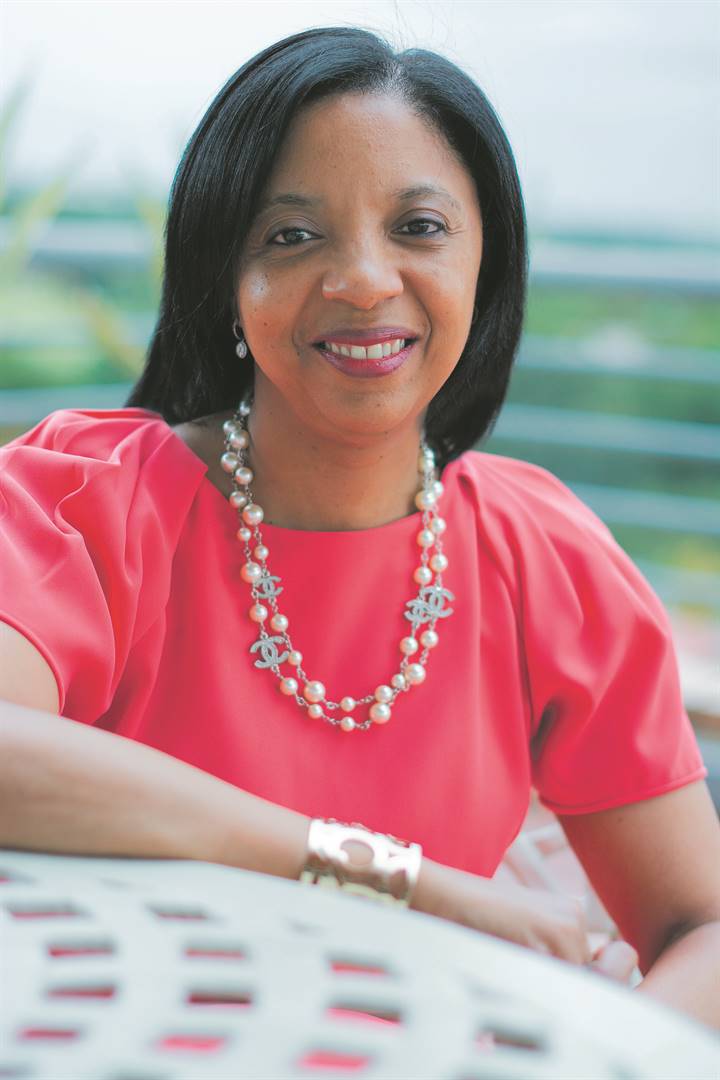
No matter where you are born, your life will be harder if you are born a girl. This statement comes from the Bill & Melinda Gates Foundation’s recently published third annual Goalkeepers Data Report that tracks health, development and inequality data globally. This year’s report showed that, while there has been improvement, one factor stood out as contributing to unequal outcomes across the world: gender inequality.
From a young age, boys’ and girls’ lives diverge: girls receive less education than boys; they transition, sometimes at a very young age, from being subservient to their parents to being subservient to their husbands, doing unpaid care work, such as raising children, cooking and cleaning.
To illustrate this, take the response of an eight-year-old South African girl, when asked who she wanted to be when she grew up: “An elephant.” A few years ago you may have applauded her for being cute, but not today. Today this statement should fill you with overwhelming sadness, because she prefers to be an elephant living in a matriarchal society that collectively takes care of its young.
#iamNOTnext shout the women and girls of South Africa in response to the unending violence perpetrated against them. Even louder shouts come from the men: #EnoughIs-Enough, they say. So many female voices have permanently been silenced, many by men they loved and trusted.
The time for euphemisms is over. Patriarchy is institutionalised sexism. Femicide is violence against women and girls. In the same breath, violence is not the disease of criminals; it is not a beast that we can externalise. The perpetrators are not monsters who we can identify as different from us. We can no longer blame our divisive past. Violence is a virus that has infected the very being of our society – a physical manifestation of what I can only imagine to be an even deeper cancer of disrespect we are displaying towards one another. And it is not just in our deeds, in the bruises, the broken limbs and the graves we leave behind. It lives in our words and our attitudes as well.
Nigerian writer, Chimamanda Ngozi Adichie reflects on “the danger of the single story” and reminds us that single stories can break the dignity of a people. Like her, I believe that multiple stories told from different perspectives have the ability to repair that broken dignity. Steve Biko said that “the most powerful weapon in the hands of the oppressor is the mind of the oppressed”.
We women must free our minds from the myths that no longer serve. Let’s start with our narratives of what it means to be a girl or a woman today. Maybe it is a stretch too far to suggest that fairytales of knights in shining armour or princes on white horses slaying all manner of dragons create enduring images of helpless damsels in distress. Maybe little girls being told happily-ever-after stories of being married to a prince who is heir apparent to a vast and wealthy kingdom contributes to the phenomenon of women seeking blessers, or even the lack of women in boardrooms. Or maybe it’s not.
To the men of this country: Are you the victim of the single story depicting South African men as violent rapists and murderers? Today the single story of what it is to be a South African man is indeed a shameful one; an embarrassing one. This is not only wrong, it is dangerous.
It is said that history is written by the victors. Who will be victorious – violence or virtue? What lived experiences will we perpetuate? What stories will we write? Are we just unfortunate descendants who inherited a broken society? Or are we worthy ancestors?
We have the ability and responsibility as role models to create a safe future so that our descendants can proudly live in a country and continent where humanity equals being human. It is time to rewrite the story of our country as a place where we use our power to empower, not to overpower or disempower. A country where hope can flourish again.
Phillips is a futurist, medical doctor and the group executive for people and culture at Absa
 | ||||||||||||||||||||||||||
Get in touchCity Press | ||||||||||||||||||||||||||
| ||||||||||||||||||||||||||
| Rise above the clutter | Choose your news | City Press in your inbox | ||||||||||||||||||||||||||
| City Press is an agenda-setting South African news brand that publishes across platforms. Its flagship print edition is distributed on a Sunday. |




 Publications
Publications
 Partners
Partners








